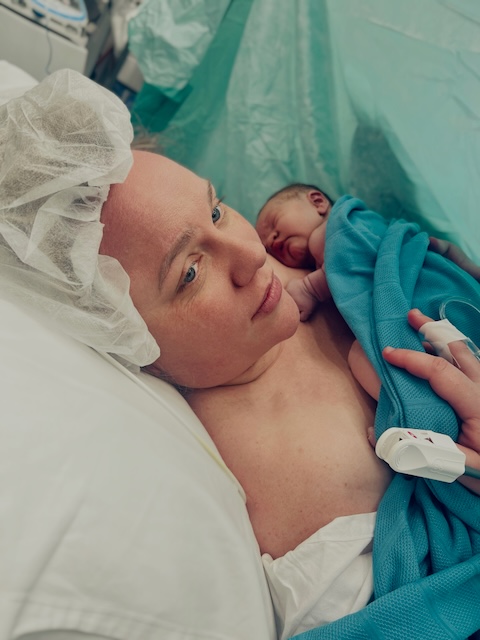Developing an Adoption Plan
Understanding commitments, respecting traditions and keeping your identity private are all key aspects of an Adoption Plan.

Adoption is an overwhelming process, and we won’t pretend that it’s not. The legal nitty-gritty parts can be a real mind-bender. But once you get past the legal jargon—getting an idea of how your baby will be raised, and the level of contact you will have with them after it’s all finalised—this info will help make it a bit easier.
What is an Adoption Plan?
An adoption plan is a document that outlines an open adoption arrangement between the birth parents, adoptive parents and the child. This plan allows all parties to get to know each other, exchange information, and have contact with each other (to the extent that everyone agrees).
The plan can include agreements on the disclosure of each party's identity, the type and frequency of communication, and the types of information exchanged.
It advocates for your traditions, but it isn’t binding to the new parents.
This could be especially important to those from indigenous communities. An adoption plan allows for you to share how you’d like the child to maintain connections with their community, language group, and cultural traditions. But it’s important to note that the adoption plan is not enforceable. You cannot make customs or language skills mandatory to your child’s life moving forward.
The plan does not entitle a member of the child's birth family to interfere in the child's upbringing or relationship with their adoptive parents. Even if you believe the child needs to know more about their culture, language or community, you will no longer have a legal right to interfere. It will be their adoptive parent’s call to make the right choices for them.
After the child turns 18, the plan is no longer valid.
If you're considering adoption, and have pressing cultural concerns, be sure to discuss the adoption plan with your adoption agency to ensure that everyone involved is comfortable with the arrangements.
Who Can Help Me Make a Plan?
Adoption Services (funded by the Australian Government and available in each state and territory) acts as an intermediary between the birth parents and adoptive parents to facilitate agreement about the type of open adoption arrangement the parties are comfortable with and prepares the adoption plan.
Who is Involved in the Plan?
Several parties are involved, including the prospective adoptive parent/s or adoptive parent/s, birth parent or birth parents and Adoption Services. In cases where the child is Aboriginal or Torres Strait Islander, and the birth parents do not wish to be a party to the adoption plan, Adoption Services will be involved to fill in.
Other parties may include the child, a representative of the child, and the overseas adoption authority for inter-country adoption.
I’m Worried About My Identity Being Exposed…
Don’t be. If you decide not to have contact with certain parties in the process, separate adoption plans will be prepared to protect your identity with important information redacted for privacy.
These plans are identical and only the child's given name, or the name they will be known by during the temporary adoption order period, are provided.
The release of identifying information can only occur where there is sufficient evidence that it will not negatively impact the child's wellbeing and best interest. But if you have additional concerns, always make sure you speak to your advocate at Adoption Services.
I Get It… But Do I Have to Do It?
In short, yes. An adoption plan is mandatory in almost all cases. It must be agreed to before the adoption process can be completed.
It’s especially required when parties wish to have 'in-person' contact with each other, the child is or has been under a Child Protection Order, or the prospective adoptive parents are not from the same Aboriginal or Torres Strait Islander community or language group as the child.
An adoption plan is designed to ensure your child will live the happiest and most fulfilling life, which may mean letting the new parents do what needs to be done.
Get in touch with us if you'd like to explore your options—we'd love to help!












